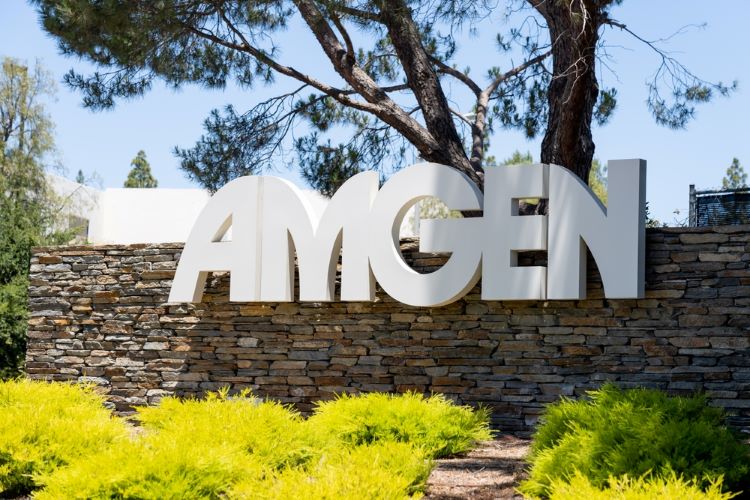FTC order could ease biopharma competition
Posted: 4 September 2023 | Catherine Eckford (European Pharmaceutical Review) | No comments yet
In Amgen’s consent order with the US Federal Trade Commission (FTC) addressing the intended acquisition of Horizon Therapeutics, once finalised, some requirements will be effective for 15 years.


Credit: JHVEPhoto / Shutterstock.com
According to the US Federal Trade Commission (FTC), Amgen is to be barred from leveraging its drug portfolio to disadvantage its industry competitors. The biopharma company will be required to seek prior approval before acquiring related products.
The FTC has settled on a proposed consent order with Amgen Inc. to address the potential competitive harm Amgen’s $27.8 billion acquisition of Horizon Therapeutics plc could bring.
“Consolidation in the pharmaceutical industry has given companies the power and incentive to engage in exclusionary rebating practices, which can lead to sky-rocketing prices on essential medications,” stated Henry Liu, Director of the FTC’s Bureau of Competition. The proposed resolution “sends a clear signal that the FTC and its state partners will scrutinise pharmaceutical mergers that enable such practices,” Liu added.
In May 2023, the FTC filed a complaint to block the proposed transaction between Amgen and Horizon Therapeutics. In its objection, the Commission warned that the acquisition would raise entry barriers and dissuade smaller firms from competing aggressively. This was the FTC’s first litigated challenge to a pharmaceutical merger in more than ten years, the Commission reported.
Conditions of the proposed Amgen-FTC consent order
Under the new consent order, Amgen is prohibited from bundling an Amgen product with either thyroid eye disease (TED) treatment Tepezza or the chronic refractory gout (CRG) medicine Krystexxa.
Additionally, Amgen is barred from using any product rebate or contract term to exclude or disadvantage any product that would compete with Tepezza or Krystexxa.
The proposed order also will prohibit Amgen from entering into any agreement or understanding to acquire any products or interest in any business engaged in the manufacturing or sale of any products, biosimilars, or therapeutic equivalents that treat either TED or CRG. This is the case unless Amgen is granted prior approval from the FTC.
All other requirements in the consent order will be effective for 15 years after it is finalised.
The biotech industry’s advocacy association Bio Technology Innovation (BIO) recently commented on the FTC’s decision.
BIO stated that the settlement will enable the FTC to protect competition, while facilitating rare disease patients to promptly benefit from the deal’s pro-competitive advantages.
“BIO encourages FTC to efficiently and effectively support commercialisation of these therapeutics. We believe the government can protect competition while enhancing the value of biotech M&A activity,” John Delacourt, Deputy General Counsel for BIO declared.
Biopharma’s acquisition momentum
A report published at the start of this year suggested that Amgen’s intended acquisition of Horizon Therapeutics, the largest M&A deal for biopharma in 2022, meant the industry was ready pursue large M&A deals in 2023.
As the year has progressed, this prediction has come to fruition. In recent months, Biogen announced in July it would acquire Reata Pharmaceuticals for $7.3 billion. Similarly, last month, Novo Nordisk made a $1 billion acquisition agreement to pursue treatments for obesity.
However, in March this year, it was pharmaceutical giant Pfizer that made the announcement it sought to acquire antibody drug conjugate (ADC) therapeutic-focused Seagen Inc, for a record-breaking $43 billion.
Looking ahead to the concluding months of 2023, it remains to be seen how the FTC’s settlement with Amgen could influence M&A deals in the pharmaceutical space.
Related topics
Big Pharma, Biopharmaceuticals, business news, Clinical Development, Drug Development, Drug Markets, Industry Insight, Mergers & Acquisitions, Regulation & Legislation, Research & Development (R&D), Therapeutics
Related organisations
Amgen Inc, Bio Technology Innovation (BIO), Horizon Therapeutics, US Federal Trade Commission (FTC)









